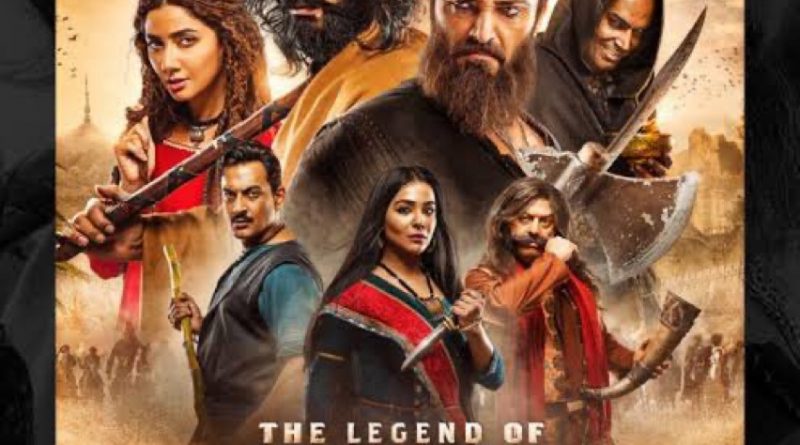Monday Movie: The Legend of Maula Jatt
I once came across two employees of a big supermarket excitedly chatting about film they had seen the night before. It was a subtitled film and each said they had never thought they would go to the cinema to see a ‘foreign’ film. But they had both loved it. The film was Ang Lee’s Crouching Tiger, Hidden Dragon. It ended up a huge worldwide box office hit and won best international film at the Academy Awards.
The Legend of Maula Jatt is unlikely to replicate that level of international success. But if you’re looking to broaden your film horizons , I heartily recommend this Pakistani epic. It’s currently on general release and doing great business within its target market of the South Asian diaspora. It’s a rollicking good watch and deserves a crossover audience. If it puts Pakistani cinema on the map with even a small western audience, it will be a trailblazer.
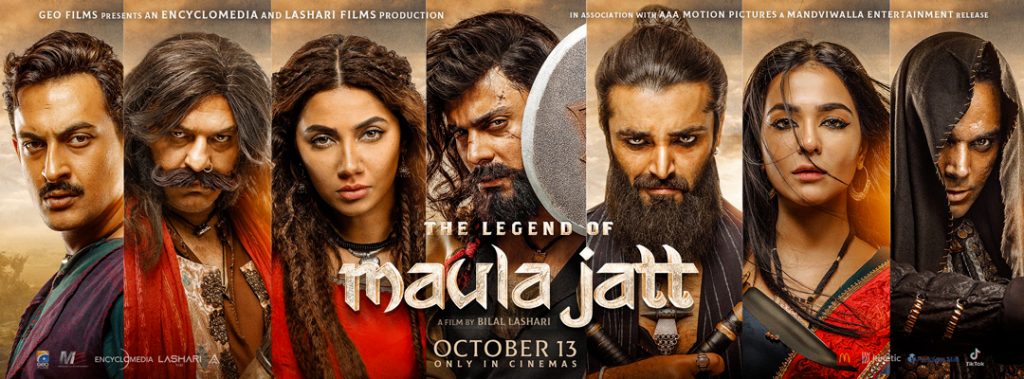
The Legend of Maula Jatt is not arthouse cinema. It’s not like the Iranian films embraced by European and US festivals. It’s an unapologetic full blooded, subtle as a juggernaut, gory, blood ridden, moustache twirling villains, Game of Thrones style, action blockbuster. With nods to Gladiator, Braveheart and Bollywood epic Sholay which, in turn, was inspired by Kurosawa’s Seven Samurai, Maula Jatt is unashamedly a ‘get them cheering in the aisles’ crowd pleaser.
Like the most memorable action films, however, it also has its softer moments. There are themes of mother/son relationships, the challenges of bringing up a traumatised non-biological child, female infanticide, sibling loyalty and a central romance, with a dreamy, up in the stars, sequence reminiscent of Aladdin’s Whole New World scene.
The characters are broadly drawn but each has his/her backstory which makes them credible enough to root for.
By Pakistani film standards, Maula Jatt was an expensive and risky project. It’s a sort of remake of a cult classic called Maula Jatt which had been very successful. This new film was made five years ago but had languished unseen until now, due to legal issues raised by the filmmakers involved with the 1979 film over intellectual property. There are still ongoing issues with distribution within Pakistan itself and the film has not yet had a complete nationwide release. But it’s doing great business, nevertheless, even with a limited release (queues around the block wherever it’s showing)and as of last weekend it’s also firing up cinemagoers across the world.
The US, Canada, Dubai, countries across Europe and now the UK are leading the rush for tickets. The film is already the highest grossing Pakistani film ever, worldwide and it’s only been out a couple of weeks.
As word spreads, expect it to be in your local cinema for a good while yet. Check it out. Put aside any preconceived ideas about south Asian cinema, go with the flow and you’ll come out smiling! (For the record, it’s not the usual song and dance musical so beloved of cinema in this part of the world).
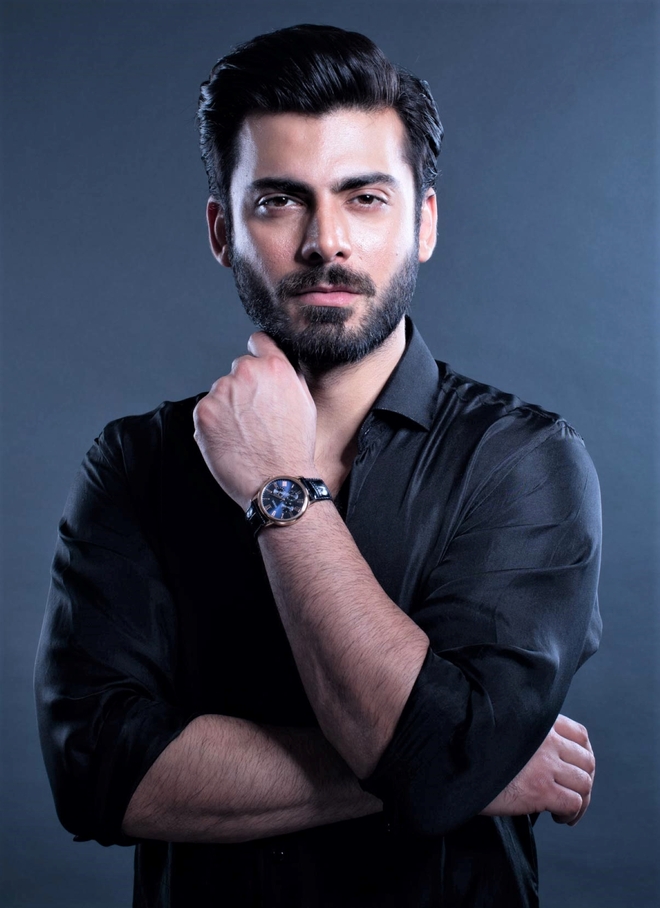
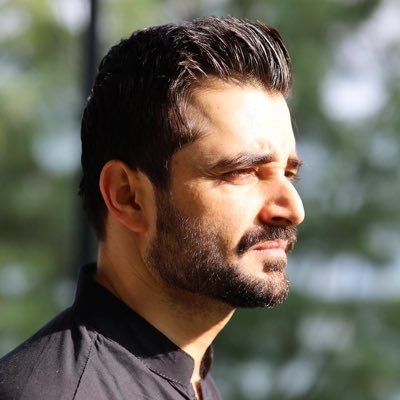
The story
A young boy from a noble family sees his parents slaughtered by a rival feudal family. The boy is Maula Jatt. With the help of a local elder he is adopted by a peasant woman living in a neighbouring village who brings him up as her own, sometimes even at the expense of her biological son.
Fast forward 25 years – Maula (Fawad Khan), a strong, silent type with a penchant for wine, makes a living fighting in gladiatorial spectacles for the entertainment of a baying crowd. Maula is plagued by frequent flashbacks of carnage he doesn’t understand and which his adoptive mother refuses to explain to him because she fears what he will do when he knows the truth. Her fears are well founded because when Maula does discover his history from another source, it sets him off on a path of revenge against the Natt family who killed his parents.
The Natt clan is a riot of villainery with three siblings just waiting to be taken on in a good fight. Number 1 brother and the meanest of them all is Noori (Hamza Ali Abbasi), a wild beast of a man, who, like Maula himself, boasts a spectacular head of hair and extravagant facial fuzz. Noori lives in prison because it’s the only place he can find anyone violent enough and worthy of challenging him. Abbasi is undoubtedly the stand-out male star of the film. A more handsome Jason Mamoa type, he plays Noori with such venomous relish, as the film builds to the inevitable clash between Noori and Maula, it becomes hard to know who to root for.
His younger brother Maakha (Gohar Rasheed) is given to snorting drugs, sitting precariously on the ledge of his palace, kidnapping nubile young maidens and randomly killing anyone who tries to thwart him. Rasheed doesn’t just joyfully chew the scenery in his role, he bites off chunks of it and spits it out.
The brothers are more than matched by their chillingly ruthless sister Daro (Humaima Malick). Daro, an icy, scheming Lady Macbeth sort, is entrancingly played by the beautiful Malick who, surely should be offered a career in Hollywood which has taken on less talented Bollywood actresses. She leads an impressive cast of strong female characters who, unlike in some Hollywood blockbusters have personalities beyond just their flawless strength.
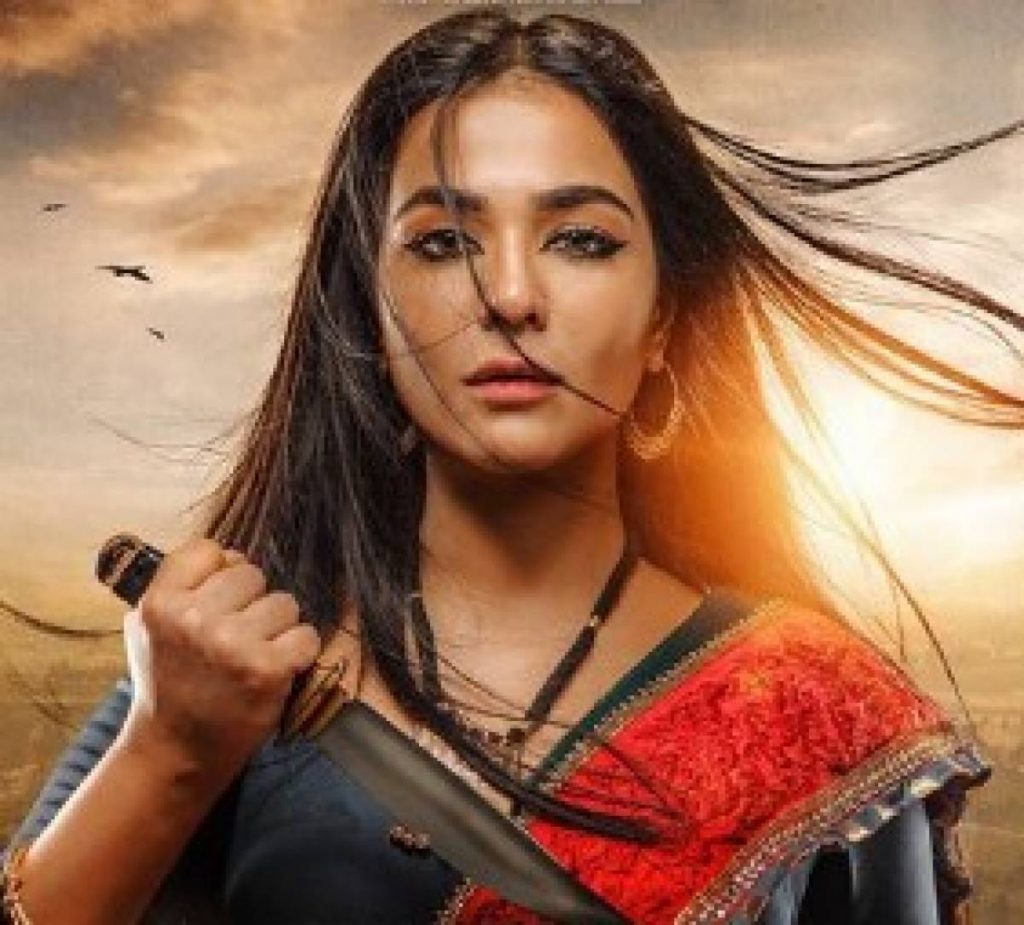
Maula’s love interest Mukkho (Mahira Khan) is spirited, feisty and given to demanding passion from her beloved when she needs it. She’s a much needed punky, female character but with a soft centre that melts for Maula.
In the titular role Fawad Khan treads a difficult line as the hero faced with a possibly more interesting adversary whose wicked charisma could overpower his more conventionsl leading maHe handles it extremely well. His Maula is flawed (drinks too much, is vengeful and doesn’t appreciate what he has) but is credibly heroic when needed without being saintly.
Away from the characters and lively dialogue the film’s cinematography is stunning, the sumptuous sets create a real feeling of place and the action is delicately but handsomely choreographed.
Overall, however, the film belongs to director Bilal Lashari. He also wrote the script and is the director of photography. The film is a triumph due to his vision for modernising an old legend.
He, the cast and the film deserve the accolades and success they’re getting.

